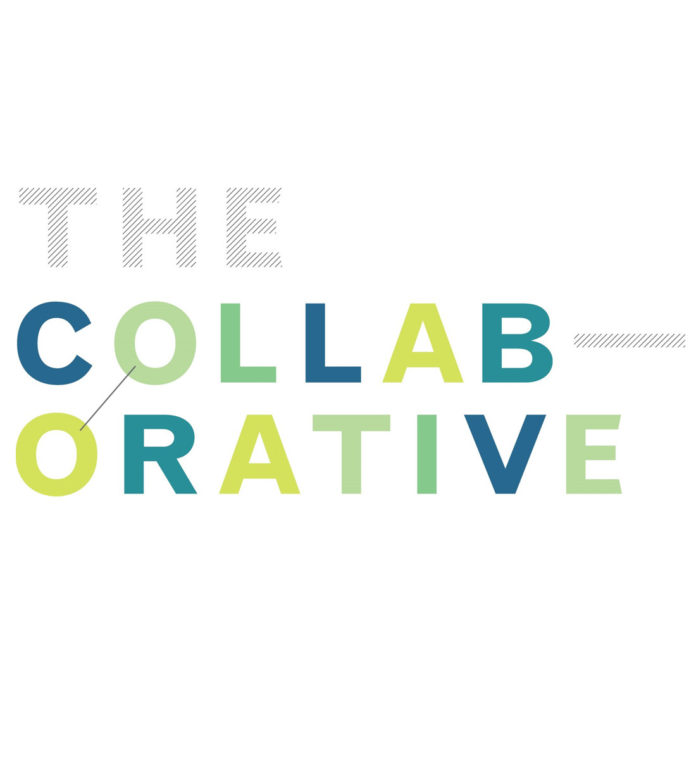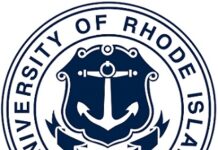
PROVIDENCE – Rhode Island could develop an alliance between higher education and industry that may help expand manufacturing and engineering here, according to academic researchers exploring areas ripe for transformation through economic policy.
That is one of several ideas and findings produced by five sets of researchers working through the College and University Research Collaborative, a two-year pilot program launched and funded by the state and the Rhode Island Foundation. Research topics included advanced manufacturing, the arts and culture economy and regional competitiveness.
The embargoed findings and news of additional funding will be released publicly Monday at a meeting led by Gov. Lincoln D. Chafee at 5:45 p.m. at the Rhode Island Foundation offices at One Union Station. Chafee will be joined by Senate and House leaders. There are no recommendations from the report, however; the data and findings are intended for further exploration and use by policymakers in the state.
According to the research group that included the New England Institute of Technology, Rhode Island College and Roger Williams University, a survey of business leaders yielded the idea of an alliance between academic institutions and industry in the state.
Under the proposed alliance, manufacturing in Rhode Island could benefit from a partnership with schools that provided resources to facilitate the transfer of intellectual property and enable venture capitalists, foundations, investors and other funders to connect with academics, entrepreneurs, nonprofit innovators and each other.
In a second study focusing on regional competitiveness, researchers from Brown and Bryant universities found that for every $1 of local spending by higher education institutions, $1.94 recirculates in the Rhode Island economy. Based on this estimate and documented research of local purchasing practices at Brown and Roger Williams universities, $46.4 million in local purchasing induces an additional $43.6 million on other areas of the state’s economy, the researchers found.
On the basis of this finding, the researchers highlighted both obstacles and benefits to purchasing locally and made suggestions for ways to enhance the practice as an economic driver.
The Rhode Island Foundation, which initially supplied $100,000 to fund the Collaborative that the state matched, said it will fund an additional year of research with a second contribution of $75,000. The state will provide an additional $150,000, added Collaborative Program Director Amber Caulkins.
Going forward, the organization will continue its research in manufacturing and regional competitiveness while introducing two new topics: infrastructure and workforce, Caulkins said.
“We wanted to use the funds to increase the number of research projects we’re doing and continue to grow that resource network of scholars in the state,” she said. “What we really focused on this year was building this network of faculty. This first year, we’re very excited to get the research back, and … to make the Collaborative sustainable.”
The original funding from the Rhode Island Foundation constituted one of 19 grant proposals issuing from the Foundation’s “Make It Happen RI” economic development initiative, which began in 2012.
Neil D. Steinberg, Rhode Island Foundation president and CEO, added, “This is an invaluable opportunity to put the best minds in the state’s higher ed community to work, developing data on crucial issues that state policymakers in the General Assembly and governor’s office are telling us they need and want.”
Other research areas examined in the Collaborative’s report included “Measuring successful arts and culture strategies” by academics at Providence and Rhode Island colleges; “The economic impact of arts-based after-school programs,” by faculty at Brown and Roger Williams universities; and “Rhode Island’s labor force and tax policies in perspective,” by researchers at Bryant and RIC.












